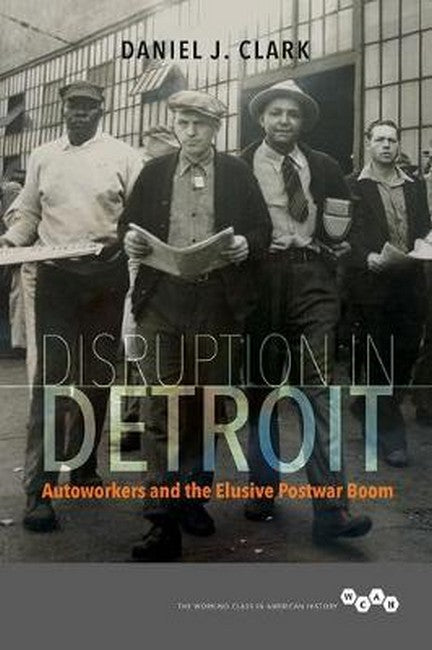"Exposes the myth of the prosperous postwar auto worker and deftly deals with the delicate interplay among larger national economic forces, auto industry and auto union policies, and the lives of those who labored and lived in the Motor City in the decade and a half after World War II."--Stephen Meyer, author of Manhood on the Line: Working Class Masculinities in the American Heartland
"Well-written and well-researched, this book challenges and transforms the way we understand the immediate postwar era. Daniel Clark closely examines auto work and ordinary autoworkers, people whose lives have been overwhelmed by the narrative of postwar economic expansion and overlooked by most scholars. The vaunted economic boom was not the vehicle for the making of the Detroit middle class, Clark shows. Detroit autoworkers and their families experienced the same job instability and economic insecurity that had long shaped working-class life and labor. Attentive to gender and race, Clark offers an astute and cogent argument informed by wide and deep research in newspapers and close listening to and reading of oral histories. Providing a startling different perspective on the postwar boom and the alleged heyday of the United Auto Workers when high wages and benefits pushed autoworkers into the middle class, the book requires revision of modern American history as well as midcentury labor history."--Nancy Gabin, author of Feminism in the Labor Movement: Women and the United Auto Workers, 19351970

